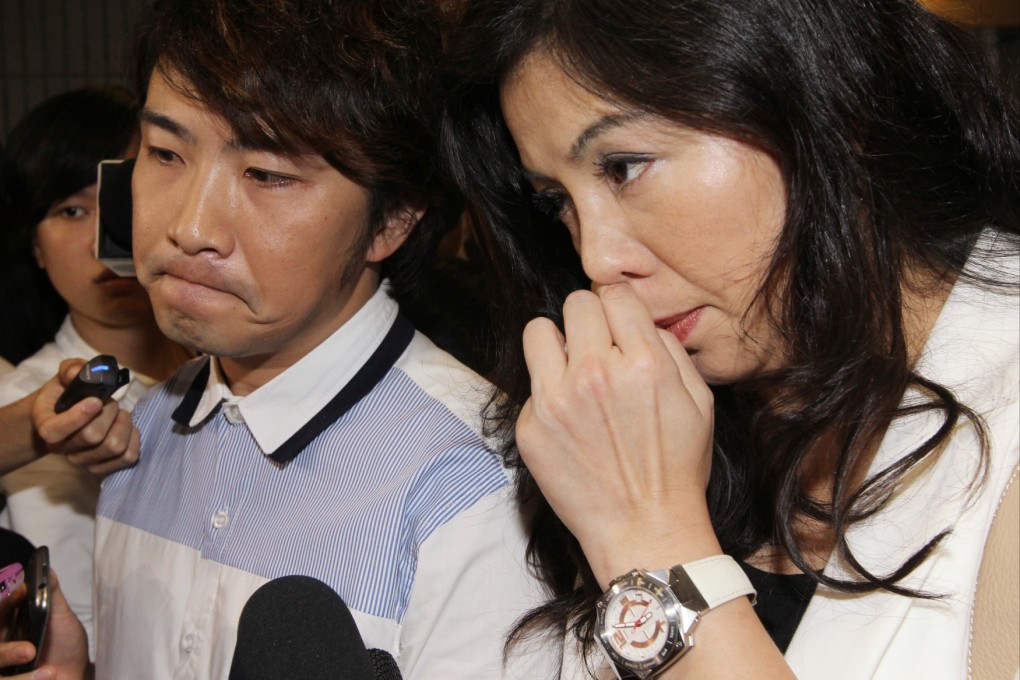Medical complaints must be heard sooner for justice to be served
Neville Sarony suggests ways to speed up Medical Council proceedings

The nine-year delay between the death of a newborn a day after its induced birth and the conclusion of a professional inquiry into the conduct of the doctors involved raises a serious question mark over whether the Medical Council is missing its stated objective.
The mission of the governing body of doctors is to protect the public from those who are unfit to practise medicine and to maintain public confidence by upholding the reputation of the profession.
Of the 30-odd cases heard between October 2012 and last month, the time between lodging a complaint and its conclusion ranges from two to nine years, with an average of more than three.
According to the council's website (which differs from the legal requirements), each complaint is first considered by its chairman, and, where appropriate, also by the deputy chairman of its preliminary investigation committee. If either decides disciplinary procedures are warranted, an inquiry takes place to investigate whether there has been any professional misconduct. That the complaint over Cheung Tin-lam's death in February 2005 was rejected only to be restored in 2009 after the parents sought an expert opinion is less than reassuring.
The outcome of any inquiry can have ramifications not only for the patients but also their families. Equally, having a disciplinary inquiry hanging over a doctor's head for years can exact a heavy toll. The legal adage that "justice delayed is justice denied" applies just as forcefully to disciplinary hearings. Simply stated, it is unfair.
Lengthy delays invariably allow the erring clinician to continue to practise in the meantime, which hardly inspires public confidence, particularly where the clinician persists in maintaining he or she had done nothing wrong: how many more errors will occur before the case is resolved?
Wherein lies the cause of the problem? First, the composition of the hearing panel. The Medical Registration Ordinance requires the disciplinary hearings to be conducted by a panel of five council members, or three members plus two assessors drawn from a panel of 10 doctors and four laymen.